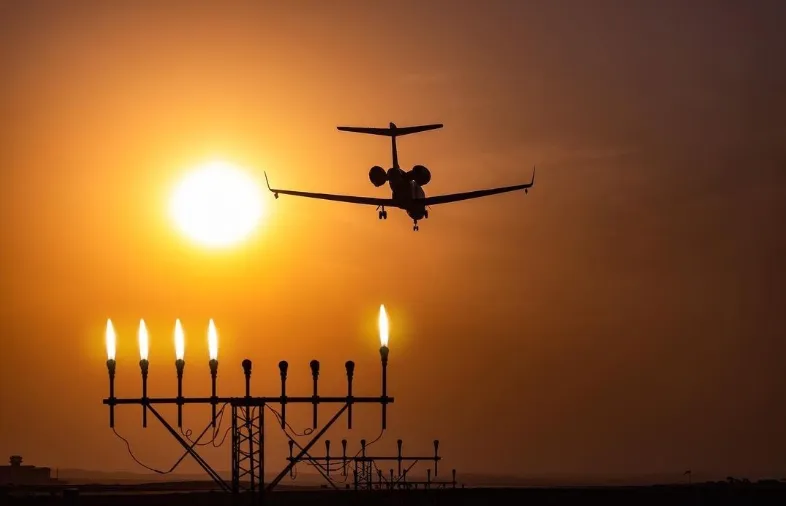Table of Contents
David Ben-gurion said that “For a Jew to be a realist, he has to believe in miracles.” Chanukah epitomises these words by commemorating genuine events that were nothing short of miraculous. Indeed, the miracle we celebrate over these eight nights is uniquely tangible and accessible compared to some of those in the Hebrew Bible, because these historical events transpired well after the Torah was written and are especially applicable to the COVID-19 era. Noticeably, exploring how and why we Jews celebrate Chanukah offers decidedly useful insights for this year’s bizarre holiday season.
It was around 200 BC when The Kingdom of Judea (modern Israel) was viciously occupied by the Seleucids. Their second king, Antiochus IV Epiphanes, ruthlessly sought to oppress the Jewish people, massacring thousands of them and seizing Jerusalem where he erected an altar to Zeus to delegitimize Judaism even further. A high priest, Mattathiast, and his son, Judah Maccabee led a meagre army to rebel against their dictatorial invaders and managed to take back Jerusalem within two years.
To reclaim the Second Temple that had been desecrated by the Seleucids, the Israelites lit the Menorah – a candelabra that ought to be lit every day. There was only one day’s worth of oil supply uncontaminated by pagan use. That supply inexplicably lasted eight days, long enough to find fresh and untainted oil to keep the Menorah lit.
Ever since, we have celebrated Chanukah – meaning dedication, since the temple was rededicated to the Jews -- as a Festival of Lights. It is one of many miracles chronicled in the Jewish pantheon of survival stories. Throughout centuries, against significant existential threats, we have ceaselessly prevailed.
In times like these, we can all benefit from studying such Jewish stoicism. As the Talmud -- a sacred Jewish text comprising rabbinical interpretations of the Torah- teaches us, “Adversity is the true school of the mind.” Much like the Seleucids, the coronavirus has ruthlessly cracked down on our ways of life and has uprooted our many festivities. We cannot sanctify our traditions by meeting up with family, we cannot stare in awe at the decorative lights in the streets and we cannot gather in worship. In other words, we are all Israelites that have run out of oil to kindle our flames.
Fortunately, from centuries of facing overwhelming forces of enveloping darkness and overcoming them, we Jews have found the necessary chutzpah to find little sources of light in everything. A particularly meaningful component of Jewish prayer is valuing Daily Miracles (Nsim B’chol Yom) such as vision, security and freedom of movement. When we light the menorah, we actively thank G-d, who “performed for us miracles,” (she-asah nisim) in this season generations ago to remind ourselves that life is resplendent with blessings and inevitable liberation that may not immediately be apparent.
By embracing the Jewish ethos of eagerly searching for gifts from the universe, we can drastically improve our solemn Covid-engendered moods. With a small shift in perspective, we can discover blessings all around us. For instance, the eye-straining light emitted by our computer screens, while painful, stems from the blessing of being able to receive an education remotely, being able to connect with family members in lockdown and being able to receive critical health updates online. Over Chanukah, we also nosh on delectable oily foods to remind ourselves of the long-lasting candles and that, despite the difficulties faced in our past, we have possessed the perpetual fire needed to overcome insurmountable challenges.
We need to find sources of light now more than ever. Much like the Maccabees, we ought to have faith in the face of our powerful foe. When overwrought with worry about what the future holds, we can shift our attention to the present and recognise the miraculous efforts of the worlds’ scholars, healthcare workers and leaders. Through such hopefulness, we can reignite the holiday cheer that traditionally punctuates the season. As Rabbi Irving Greenberg said, “The proper response, as Chanukah teaches, is not to curse the darkness but to light a candle.”









